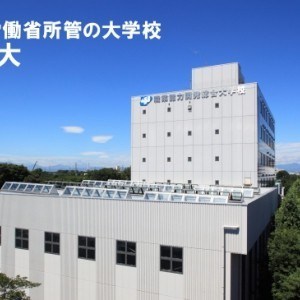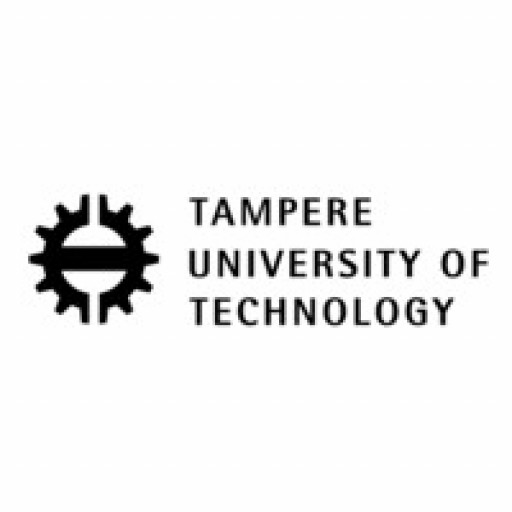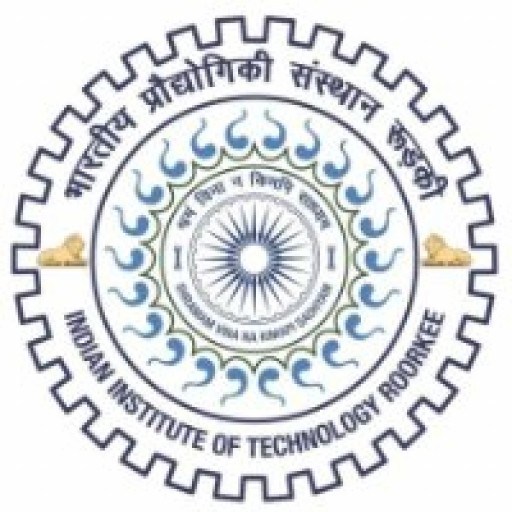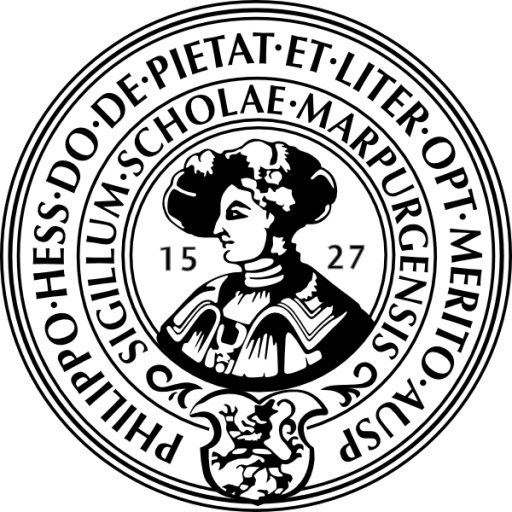Photos of university / #imperialcollege
The MSc in Materials Science and Engineering at Imperial College London offers a comprehensive and rigorous advanced education in the fundamental and applied aspects of materials science. This programme is designed to equip students with a deep understanding of the structure, properties, processing, and performance of a wide range of materials, including metals, polymers, ceramics, and composites. Throughout the course, students will explore the principles underpinning material behavior and learn how to manipulate material properties to develop innovative solutions for engineering challenges across various industries such as aerospace, automotive, electronics, energy, and biomedical sectors.
The programme combines theoretical lectures, practical laboratory work, and project-based learning to foster both conceptual understanding and hands-on skills. Students will have opportunities to engage in cutting-edge research and work alongside world-leading academics in the department. The curriculum includes core modules covering topics such as materials characterization, phase transformations, nanomaterials, and materials design, along with optional modules allowing students to tailor their studies to specific interests within the field.
A significant component of the MSc is the research project, which provides an opportunity for students to conduct independent investigation and contribute to advances in materials science. Projects may be carried out within Imperial’s state-of-the-art laboratories or in collaboration with industrial partners, enabling students to apply their knowledge to real-world problems.
Imperial College's close ties with industry provide students with valuable networking opportunities, internships, and exposure to current technological developments. The programme aims to prepare graduates for careers in research and development, materials engineering, consulting, or further academic study. Combining fundamental science with practical application, the MSc in Materials Science and Engineering at Imperial College London is an ideal choice for those seeking to become leaders in the field of materials innovation.
Materials Science and Engineering at Imperial College London offers a comprehensive and cutting-edge curriculum designed to equip students with a deep understanding of the structure, properties, and processing of materials. The programme combines fundamental scientific principles with practical engineering skills, preparing graduates to innovate in various industries such as aerospace, automotive, electronics, energy, and healthcare. Throughout the course, students explore a wide range of materials, including metals, ceramics, polymers, and composites, gaining insights into their manufacturing processes, performance characteristics, and applications. The programme emphasizes hands-on laboratory experience, enabling students to develop skills in materials characterization, testing, and analysis using state-of-the-art equipment. In addition, students engage with advanced topics such as nanomaterials, biomaterials, and sustainable materials, reflecting the latest developments in the field. The curriculum also integrates modules on computational modeling and materials design, fostering the ability to predict material behavior and tailor properties for specific applications. Cross-disciplinary collaboration is encouraged through projects and teamwork, mirroring real-world engineering environments. The programme is designed to cultivate innovative thinking, problem-solving, and research skills, preparing students for careers in research, industry, or further academic study. With access to Imperial’s world-class research facilities and links to industry partners, students benefit from valuable networking opportunities and exposure to current challenges in materials science. Graduates of the programme are well-positioned to contribute to technological advancements and sustainable development goals, embodying Imperial College's commitment to excellence and innovation in engineering education.
A minimum of 180 UK credits must be completed for the degree, including core material science and engineering modules, laboratory work, and project components. Students are required to undertake foundational courses in materials science, such as Materials Principles and Processing, which cover the microscopic and macroscopic properties of materials, as well as the relationships between structure, processing, properties, and performance. Advanced modules include topics like Structural Materials, Functional Materials, and Materials Modelling, designed to develop a comprehensive understanding of the roles different materials play in engineering applications. Supplementary courses may include Manufacturing Processes, Mechanical Testing, and Corrosion, enhancing practical and theoretical knowledge. To support research skills, students must complete a research project, often involving laboratory experiments or computational simulations, culminating in a dissertation. Elective modules provide opportunities to specialise further in areas such as Nanomaterials, Biomaterials, and Electronic Materials, allowing students to tailor their degree to specific career interests. The curriculum emphasizes developing skills in materials characterization techniques, including microscopy, spectroscopy, and mechanical testing methods. Ethical and sustainability considerations in materials engineering are integrated throughout the program, ensuring graduates are aware of environmental impacts and responsible innovation. Attendance at seminars, workshops, and industry talks is encouraged to promote engagement with current developments in the field. Assessment methods include written examinations, coursework assignments, laboratory reports, presentations, and project evaluations. The program aims to cultivate both theoretical understanding and practical skills, preparing graduates for careers in research, development, manufacturing, and consultancy within the materials industry. Industry internship opportunities are often available to provide real-world experience and networking opportunities. To graduate with the BEng or MSc degree, students must meet the university's academic standards, including a minimum overall grade point average and successful completion of all designated assessments.
The Materials Science and Engineering program at Imperial College London offers a range of financial support options to help students manage the costs of their studies. Funding is available through various channels, including university scholarships, bursaries, government loans, and external funding sources. Imperial College provides merit-based scholarships for both UK and international students, which can significantly reduce tuition fees and provide living expense stipends. These scholarships are highly competitive and are awarded based on academic excellence, leadership qualities, and extracurricular involvement. Additionally, the college participates in national loan schemes such as the UK Student Loans Company, allowing eligible students to access loans to cover tuition and maintenance costs.
International students may also explore external funding opportunities from government agencies, private organizations, and industry partners that support STEM students. The college’s financial aid office offers guidance on applying for various scholarships and bursaries, as well as advice on budgeting and financial planning during studies. It is important for prospective students to review the specific eligibility criteria and application deadlines for each funding source. Tuition fees for the program vary depending on residency status and are updated annually; details can be found on the official college website.
Students are encouraged to seek early advice and apply for funding well in advance to maximize their chances of receiving financial assistance. Imperial College London also provides work placement and part-time employment opportunities on campus to help students supplement their income while pursuing their studies. The overall aim of the college’s financing studies initiatives is to ensure that talented students from diverse backgrounds can access the program without financial barriers, fostering an inclusive academic community dedicated to advancing materials science and engineering innovation.
Materials Science and Engineering at Imperial College London is a comprehensive and rigorous program designed to equip students with a deep understanding of the structure, properties, and performance of materials. The course combines fundamental principles of physics, chemistry, and engineering to explore the development and application of materials in various industries, including aerospace, automotive, electronics, energy, and healthcare. Students are introduced to topics such as crystallography, thermodynamics, materials characterization, and processing techniques, which are essential for designing innovative materials with specific functionalities. The program emphasizes practical skills alongside theoretical knowledge, offering laboratory sessions, projects, and opportunities for industry placements to ensure graduates are well-prepared for careers in research, development, and manufacturing sectors. It also encourages interdisciplinary collaboration, reflecting the interconnected nature of materials science with other engineering fields. The curriculum is designed to keep pace with technological advancements and industry needs, incorporating modules on emerging areas such as nanomaterials, biomaterials, and sustainable materials. Students benefit from access to state-of-the-art facilities at Imperial College, including advanced characterization labs and fabrication workshops. The program prepares students for a variety of roles, including materials engineer, research scientist, and product developer, and supports further study through research master's and doctoral degrees. Throughout their studies, students develop critical thinking, problem-solving, and communication skills, necessary for addressing complex engineering challenges. The program's strong links with industry partners and extensive alumni network provide valuable opportunities for mentorship, internships, and employment after graduation. Overall, the Materials Science and Engineering program at Imperial College London aims to produce graduates who are innovative, adaptable, and capable of making significant contributions to the advancement of materials technology globally.









